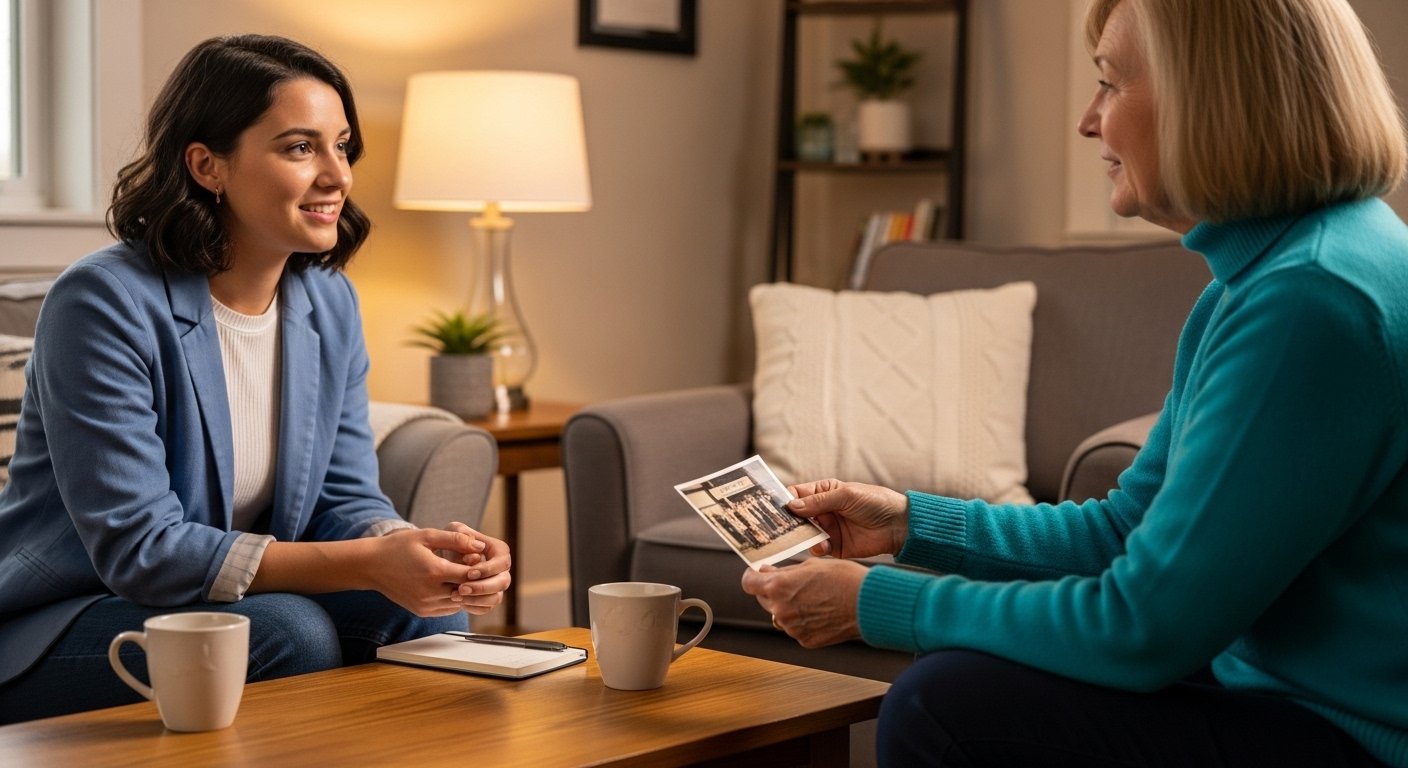Should You Be Facebook Friends with Your Donors? Let’s Talk Boundaries
“Should I friend my donor on Facebook?” “Is it OK to follow my donors on Instagram, LinkedIn, or other social media channels?” I get these questions...
2 min read
Jeff Schreifels : Updated on August 19, 2025

One of the most common frustrations I hear from major gift officers is this:
“How can I get my donor to actually talk to me?”
Believe me, I get it. You’re trying to do good work. You’re reaching out, leaving messages, sending emails, and hearing crickets. At Veritus, we’ve tackled this topic many times, but it’s worth revisiting, because it goes to the heart of effective fundraising: building real relationships with donors who actually want to engage.
Before we dive into practical ideas, let’s take a step back and ask the bigger question: Why doesn’t a donor want to talk to you in the first place?
In my experience, it comes down to two core reasons:
Let’s unpack both.
Just because a donor gives a large gift doesn’t mean they want to build a relationship with you. This is where so many organizations go wrong. A donor crosses your “major gift” threshold, and suddenly they’re assigned to a portfolio, even though no one’s asked them if they want to be in one.
This is why we always emphasize donor qualification. We’ve seen too many MGOs spinning their wheels with bloated caseloads full of donors who haven’t been properly qualified. And then they wonder why no one’s answering their calls. The truth is, about two-thirds of donors who meet your major gift criteria don’t want a personal relationship with your organization. They like giving the way they already give—without extra contact or attention.
So what’s the solution? Qualify your donors. It’s the only way to know who wants to go deeper and who doesn’t. We’ve written extensively about this, and I promise you that getting this right will save you time, energy, and frustration. If you haven’t read our Qualification White Paper, it’s a game-changer.
Let’s say you have a fully qualified caseload and you’re still struggling to connect. That brings us to the second reason donors don’t engage: they don’t see value in talking with you.
Ask yourself this honestly: “Am I consistently offering something meaningful to my donors?”
If you’re not taking time to understand your donor’s passions and interests, and if you’re not creating tailored opportunities that align with those passions, then you’re just another voice asking for money. That’s not relationship-building.
This is why every donor needs a personalized 12-month strategic plan. You need to be in regular, thoughtful contact with your donors—reporting back impact, thanking them meaningfully, and providing relevant, inspiring opportunities that reflect what they care about. When you do this well, donors want to hear from you. You become a trusted partner, not a nuisance.
If you’ve done the hard work of qualifying your donors and creating value, but still can’t seem to get a response, here are a few strategies that might help:
If you’re frustrated because your donor won’t talk to you, take a breath and step back. Ask yourself: Have I qualified this donor? Am I truly offering them value? Most of the time, the answer lies somewhere in those two areas. Get those right, and you’ll be well on your way to building deeper, more meaningful donor relationships.

“Should I friend my donor on Facebook?” “Is it OK to follow my donors on Instagram, LinkedIn, or other social media channels?” I get these questions...

This is Part 1 of a series on building trust: “No Trust, No Relationship, No Money.” Trust is the core building block of all relationships. Yet many...
1 min read
I sat down with a major donor several weeks ago when I was in New York City. We started talking about her philanthropy, what she was trying to...